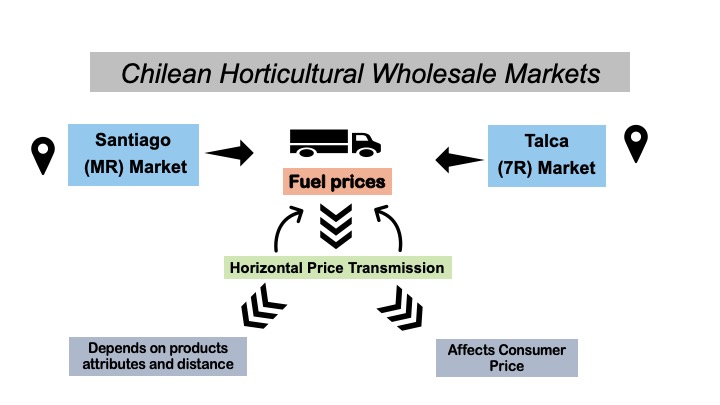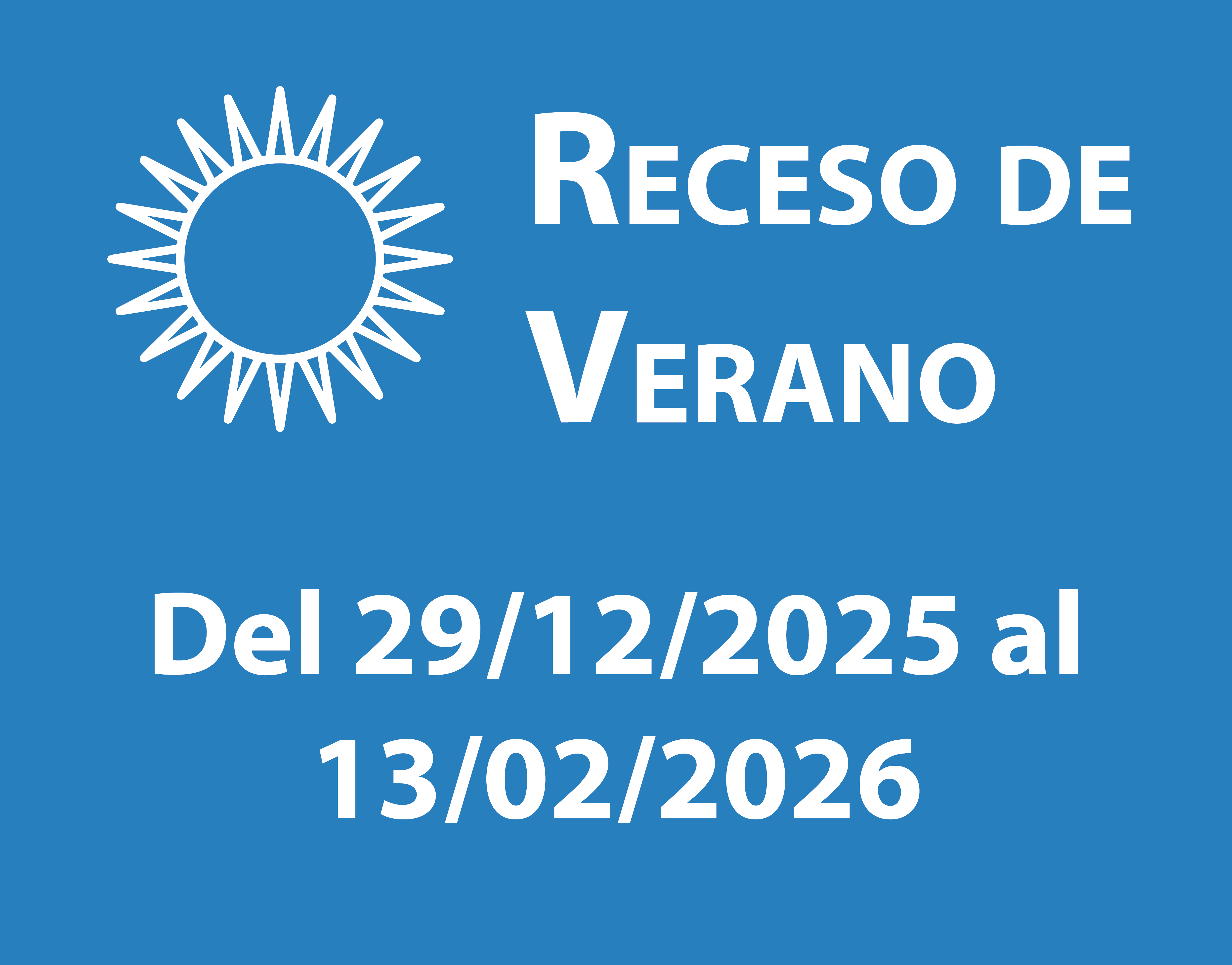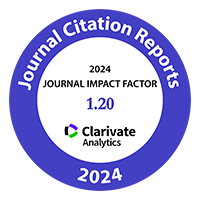The role of fuel prices in spatial price transmission between horticultural markets: empirical analysis from a developing country
DOI:
https://doi.org/10.48162/rev.39.052Palabras clave:
Transmisión de precios, precios de combustible, mercados hortícolas, países en desarrollo, ChileResumen
This article aims to analyze how fuel prices impact spatial price transmission between two Chilean horticultural wholesale markets. We implement a regime-dependent VECM where price transmission parameters depend on dynamics imposed by a stationary exogenous variable (fuel price). We identified two price transmission regimes characterized by different equilibrium relationships and short-run adjustment processes. This implies that fuel prices affect price transmission elasticities and intermarket adjustment speeds. Our results show increasing marketing costs as farm to market distance grows. This impact depends on each product’s attributes.
Highlights
- This article analyzes the effect of fuel prices on the price transmission mechanism between the most relevant Chilean horticultural wholesale markets.
- A regime-dependent Vector Error Correction Model where price transmission parameters depend on fuel price was implemented.
- Clear evidence of the role played by fuel prices for in horizontal price transmission between the wholesale markets considered in this study was found.
- This situation supports the idea that regardless of quantities traded in regional markets, the major effect of price adjustment is a result of the high demand, distances and market concentration of a central market. This impact depends on each product’s attributes.
Descargas

Descargas
Publicado
Cómo citar
Número
Sección
Licencia
Derechos de autor 2018 Revista de la Facultad de Ciencias Agrarias UNCuyo

Esta obra está bajo una licencia internacional Creative Commons Reconocimiento-NoComercial-CompartirIgual 3.0.
Aquellos autores/as que tengan publicaciones con esta revista, aceptan las Políticas Editoriales.











.jpg)




